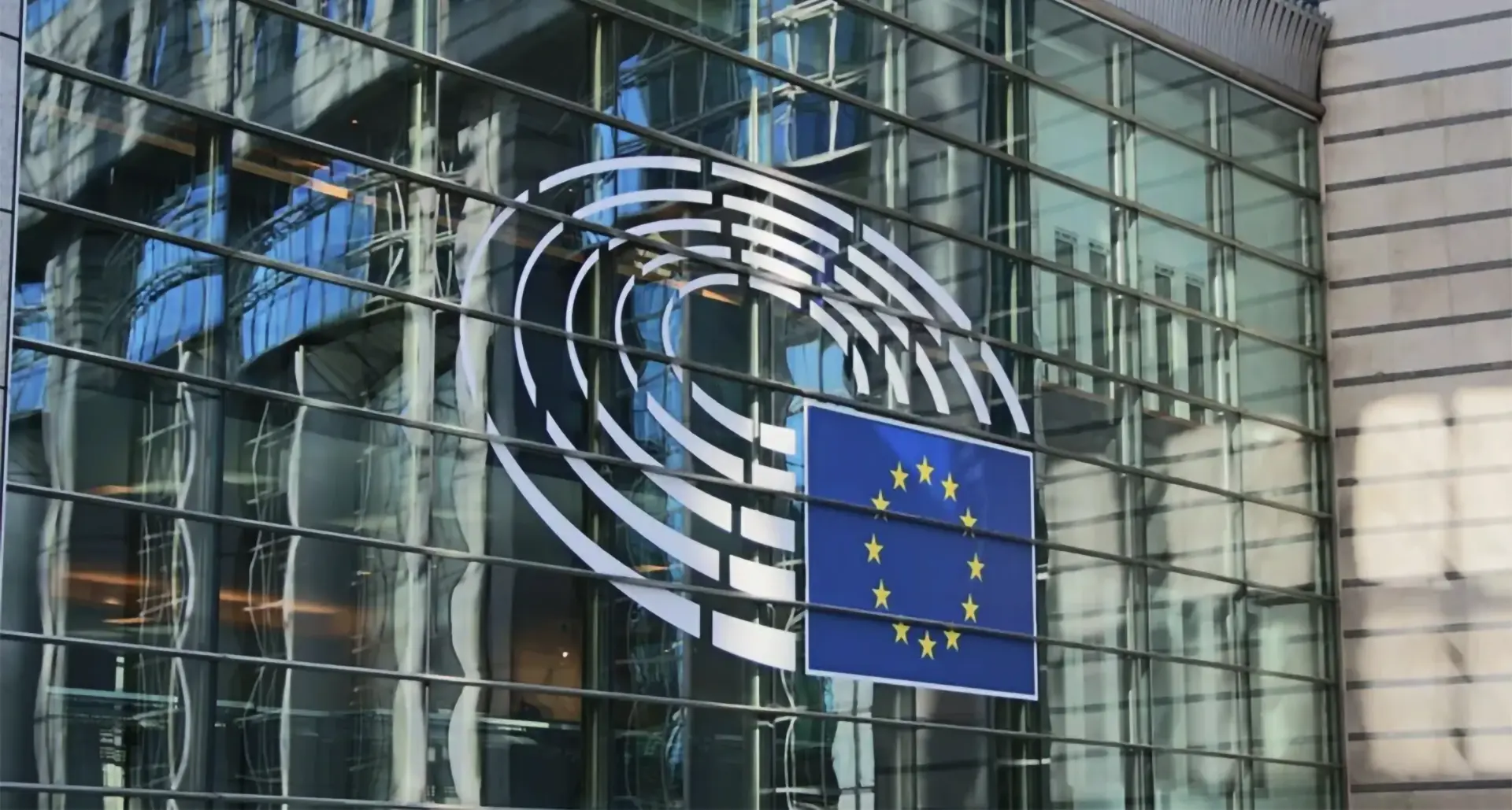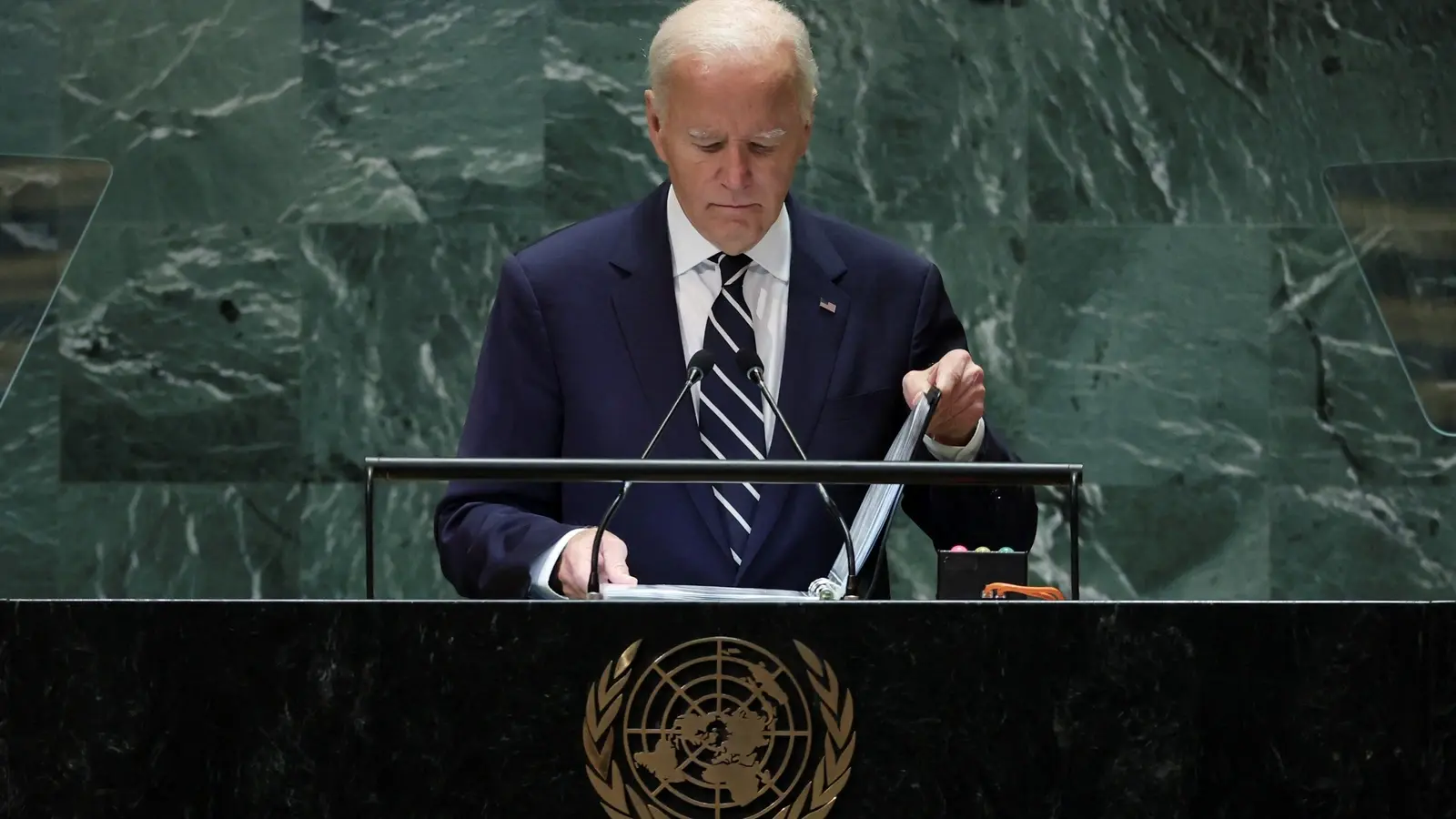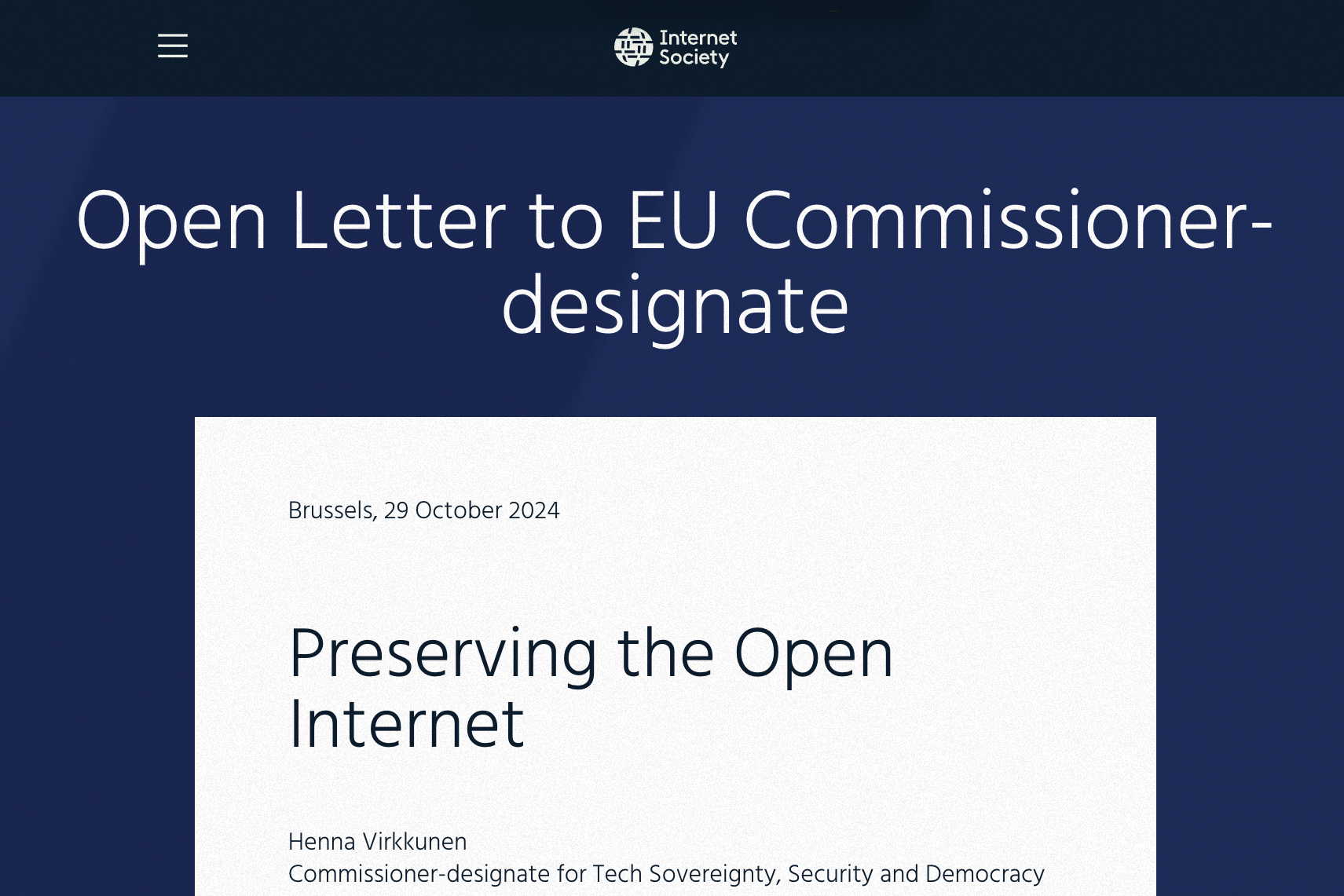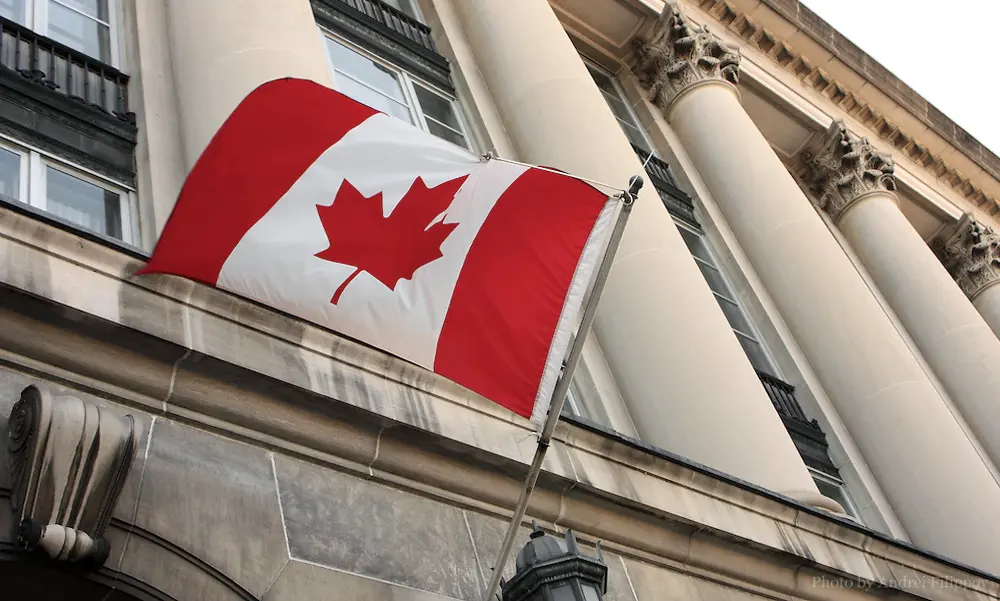

 Iran's 2026 internet shutdown was not a glitch but a trial of digital sovereignty, revealing how easily connectivity can be weaponised to silence society, concentrate state power, and fracture the promise of a global internet.
Iran's 2026 internet shutdown was not a glitch but a trial of digital sovereignty, revealing how easily connectivity can be weaponised to silence society, concentrate state power, and fracture the promise of a global internet.
 Meltnet envisions a federated internet model led by BRICS nations, combining digital sovereignty with cross-border interoperability. It challenges US-centric governance by proposing a trust-based architecture rooted in shared standards and mutual recognition.
Meltnet envisions a federated internet model led by BRICS nations, combining digital sovereignty with cross-border interoperability. It challenges US-centric governance by proposing a trust-based architecture rooted in shared standards and mutual recognition.
 Poland thwarted a large-scale cyberattack on its energy grid without disruption, offering a rare case study in critical infrastructure resilience, decentralised energy governance, and the balancing act between openness and digital security.
Poland thwarted a large-scale cyberattack on its energy grid without disruption, offering a rare case study in critical infrastructure resilience, decentralised energy governance, and the balancing act between openness and digital security.
 Global digital policy frameworks often overlook the realities of African SMEs, imposing compliance standards shaped by mature economies and infrastructure, thereby constraining innovation, competitiveness, and inclusion in the digital economy.
Global digital policy frameworks often overlook the realities of African SMEs, imposing compliance standards shaped by mature economies and infrastructure, thereby constraining innovation, competitiveness, and inclusion in the digital economy.
 ICANN's 2026 Nominating Committee invites applications for key policy council roles that shape global Internet governance, offering leadership opportunities in domain regulation, digital rights, and multistakeholder decision-making. Deadline: 18 February 2026.
ICANN's 2026 Nominating Committee invites applications for key policy council roles that shape global Internet governance, offering leadership opportunities in domain regulation, digital rights, and multistakeholder decision-making. Deadline: 18 February 2026.
 As AI shifts from experimentation to real-world deployment, its unseen foundation - undersea cables - emerges as a strategic frontier. Their resilience may shape not only infrastructure policy but the outcome of US-China AI competition.
As AI shifts from experimentation to real-world deployment, its unseen foundation - undersea cables - emerges as a strategic frontier. Their resilience may shape not only infrastructure policy but the outcome of US-China AI competition.
 In African Internet governance, procedural authorship is quietly displacing community legitimacy. When conveners, not members, define reform processes, legitimacy becomes retrospective and trust erodes -- not by intention, but through unchecked structural roles.
In African Internet governance, procedural authorship is quietly displacing community legitimacy. When conveners, not members, define reform processes, legitimacy becomes retrospective and trust erodes -- not by intention, but through unchecked structural roles.
 Internet governance is shifting from participatory forums to security-driven mandates. As authority accelerates ahead of legitimacy, technical systems face growing instability and operators absorb the risks of politically motivated control.
Internet governance is shifting from participatory forums to security-driven mandates. As authority accelerates ahead of legitimacy, technical systems face growing instability and operators absorb the risks of politically motivated control.
 As Internet governance fragments in 2026, authority shifts from open, multistakeholder forums to state-led security regimes, legal instruments, and alliance-based cooperation, challenging longstanding institutions and reshaping global norms through enforcement rather than consensus.
As Internet governance fragments in 2026, authority shifts from open, multistakeholder forums to state-led security regimes, legal instruments, and alliance-based cooperation, challenging longstanding institutions and reshaping global norms through enforcement rather than consensus.
 Telecom operators are challenging OTT platforms by deploying Rich Communication Services. This reversal of roles prompts fresh regulatory scrutiny, revives the case for network neutrality, and demands a risk-based approach to preserving digital competition.
Telecom operators are challenging OTT platforms by deploying Rich Communication Services. This reversal of roles prompts fresh regulatory scrutiny, revives the case for network neutrality, and demands a risk-based approach to preserving digital competition.
 Despite deep geopolitical divides, the WSIS+20 outcome document was adopted by consensus, preserving a multistakeholder vision for the digital future while deferring controversial issues to a time more conducive to progress.
Despite deep geopolitical divides, the WSIS+20 outcome document was adopted by consensus, preserving a multistakeholder vision for the digital future while deferring controversial issues to a time more conducive to progress.
 The ICC's new cyber policy reframes Internet infrastructure as crucial to prosecuting atrocities, prompting DNS operators and network providers to grapple with emerging obligations around evidence, neutrality, and cooperation in international justice.
The ICC's new cyber policy reframes Internet infrastructure as crucial to prosecuting atrocities, prompting DNS operators and network providers to grapple with emerging obligations around evidence, neutrality, and cooperation in international justice.
 ICANN is finalising a policy to curb DNS abuse, aiming to preserve internet stability while defending freedom of expression. With regulatory pressure mounting, the multistakeholder model faces a critical test.
ICANN is finalising a policy to curb DNS abuse, aiming to preserve internet stability while defending freedom of expression. With regulatory pressure mounting, the multistakeholder model faces a critical test.
 A revised governance document for Regional Internet Registries aims to replace outdated policy, enhancing transparency, continuity, and oversight in managing IP resources while preparing for future disruptions across the global Internet infrastructure.
A revised governance document for Regional Internet Registries aims to replace outdated policy, enhancing transparency, continuity, and oversight in managing IP resources while preparing for future disruptions across the global Internet infrastructure.
 Grenada advances its digital resilience by signing the Convention on the Packet Clearing House Organization, positioning itself to help shape global Internet governance while gaining coordinated support, stronger infrastructure, and a formal voice in decisions that influence worldwide connectivity and security.
Grenada advances its digital resilience by signing the Convention on the Packet Clearing House Organization, positioning itself to help shape global Internet governance while gaining coordinated support, stronger infrastructure, and a formal voice in decisions that influence worldwide connectivity and security.
 US Senators Move to Shield Undersea Internet Cables from Global Threats
US Senators Move to Shield Undersea Internet Cables from Global Threats Digital Rights Defender Steps Aside: Cindy Cohn to Leave EFF After 25 Years
Digital Rights Defender Steps Aside: Cindy Cohn to Leave EFF After 25 Years Chat Control Proposal Advances Despite Rising Opposition in Europe
Chat Control Proposal Advances Despite Rising Opposition in Europe America’s Broadband Blind Spot: Audit Reveals Millions More Offline Than FCC Reports
America’s Broadband Blind Spot: Audit Reveals Millions More Offline Than FCC Reports Biden Administration to Back UN Cybercrime Treaty Amid Controversy
Biden Administration to Back UN Cybercrime Treaty Amid Controversy EU Internet Advocates Push Back Against Telecom “Fair-Share” Fees
EU Internet Advocates Push Back Against Telecom “Fair-Share” Fees NIS 2 Directive Set for Implementation with New Guidelines, But Concerns Remain
NIS 2 Directive Set for Implementation with New Guidelines, But Concerns Remain Canadian Bill S-210 Sparks Controversy Over Internet Regulations
Canadian Bill S-210 Sparks Controversy Over Internet Regulations